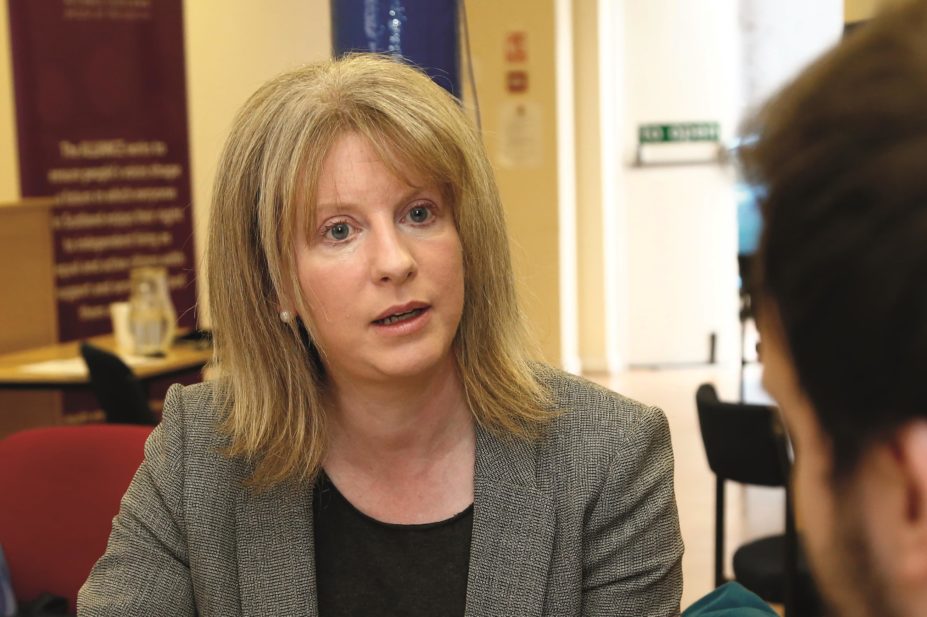
Scottish Government
The way that medicines for end-of-life, orphan and ultra-orphan conditions are approved in Scotland is to be reformed, following the publication of the ‘Montgomery review’.
The review, chaired by Brian Montgomery, former medical director at NHS Fife, made 28 recommendations for the Scottish government to implement. These include giving the Scottish Medicines Consortium (SMC), the national health technology assessment body, the option to make earlier interim recommendations for drugs “subject to ongoing evaluation and future reassessment”, a more complex and proactive approach to negotiating prices with pharmaceutical companies, and greater involvement of patient representatives in the SMC process.
The Montgomery review, published by the Scottish government on 14 December 2016, was intended to assess whether changes introduced in 2014 have made any difference to access to end-of life and orphan drugs in Scotland. The changes included revised definitions and review processes for these types of drugs, a £90m New Medicines Fund, and measures to encourage health boards to approve more individual patient treatment requests (IPTRs).
Prior to 2014, only around 45% of end-of-life/orphan drug applications were successful in Scotland compared with around 80% for other drugs, raising concerns that patients with rare conditions were missing out on effective treatment solely for cost reasons.
The review also says that the IPTR and peer-approved clinical system (PACS) systems, which allow patients to apply on an individual basis for treatments that do not have SMC approval, should be replaced. It also suggests that for ultra-orphan drugs — used for conditions affecting around 100 people in Scotland — the individual appeals system could be replaced with an alternative, national one.
Shona Robison, health secretary for the Scottish government, says: “The reforms… will help more patients to get better access to treatments that can give them longer, better quality lives.
“The Scottish government, the SMC and the NHS have worked hard to reform access to new medicines. However, we now need pharmaceutical companies to do their bit by bringing forward much fairer prices for new medicines so that access is as wide as possible for the people of Scotland.”
Sandra Auld, Scotland director for trade body the Association of the British Pharmaceutical Industry, says the call for earlier collaboration between NHS Scotland and the industry in bringing new medicines to market is “very welcome and will be important in reducing delays for patients gaining access to new medicines”.
She adds: “Similarly, the recommendation that we need an alternative assessment pathway for ultra-orphan medicines is one that we feel could make a real difference to patients accessing these medicines.”


